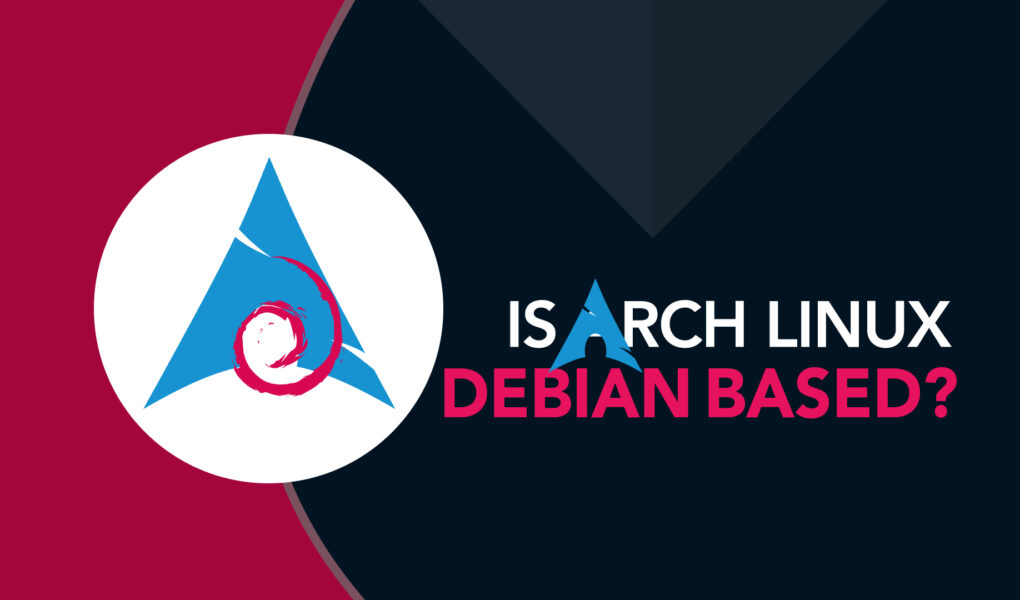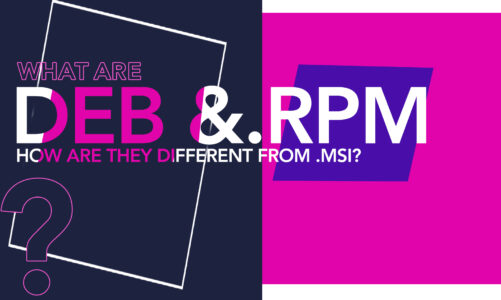Arch Linux and Debian are two popular and widely used Linux distributions. While Debian is a well-established distribution that has been around for more than two decades, Arch Linux came after that and has gained popularity among experienced Linux users due to its focus on simplicity, customizability, and the rolling release model. With that said, there is a longstanding debate in the Linux community about whether Arch Linux is Debian-based or not. Why not let’s finalize it once and for all?
Understanding Arch Linux
Arch Linux is a Linux distribution ideal for experienced users who prefer manual system configuration. It follows a rolling release model, which ensures continuous software updates and security patches, and offers lightweight and flexible features. This enables users to access the latest software versions.
It has a minimalist approach to installation and system configuration. It provides users with a basic command-line interface, which can be challenging for new users, but it allows experienced users to have greater control and flexibility over their system.
Understanding Debian
Debian is a well-liked and dependable version of Linux that is recognized for its emphasis on open-source software and community-led development process. It follows a stable release model, meaning that updates are released on a scheduled basis instead of a continuous release model, making it a suitable choice for servers and other systems that require long-term stability and support.
A significant aspect of Debian is its package management system, which uses the Advanced Package Tool (APT) to install, update, and manage software packages. APT is a potent and user-friendly package manager that gives users access to a wide range of software packages in the Debian repositories.
Furthermore, Debian is well-known for its dedication to open-source software and strict licensing policies. The Debian Free Software Guidelines (DFSG) establish a set of requirements that software must satisfy to be included in the Debian repositories, ensuring that users have access to high-quality and dependable open-source software.
What does it mean to be Debian-based?
A Debian-based distribution is a Linux distribution that is built on top of the Debian system. This means that it uses the Debian package management system (APT) and is compatible with the Debian package repositories. A Debian-based distribution can be either a derivative of Debian or a distribution that uses the Debian package management system but is not derived from Debian.
Is Arch Linux Debian based?
Reading a brief overview of each, it’s clear that Arch Linux is not Debian based and the statement is supported by various reasons. For example, the fact that Debian uses the Advanced Package Tool (APT) as its package management system, while Arch Linux uses the Pacman package manager.
Similarly, Arch Linux is a rolling release distribution, while Debian is a stable release distribution. This means that Arch Linux constantly updates packages and components, while Debian releases new versions of the distribution every few years.
The difference further intensifies if we look at the security aspect. Debian has a dedicated security team that maintains the security of the distribution, while Arch Linux relies on its community to report and fix security issues.
Conclusion
Arch Linux is not Debian-based. Though both distributions have some similarities, such as their focus on open-source software and community-driven development, they have many differences in terms of package management, security aspect, and others.
Arch Linux is a lightweight and customizable distribution that is popular among experienced users seeking greater control over their system. In contrast, Debian is a stable and dependable distribution that is particularly suitable for users who value open-source software and long-term stability.



